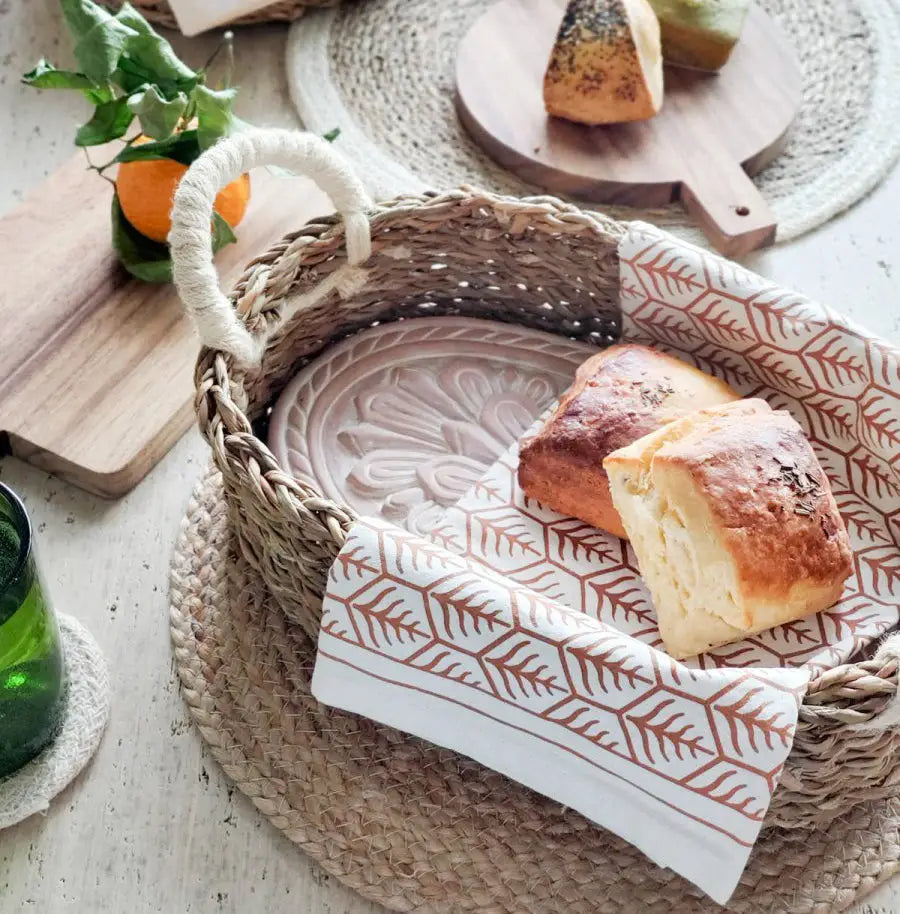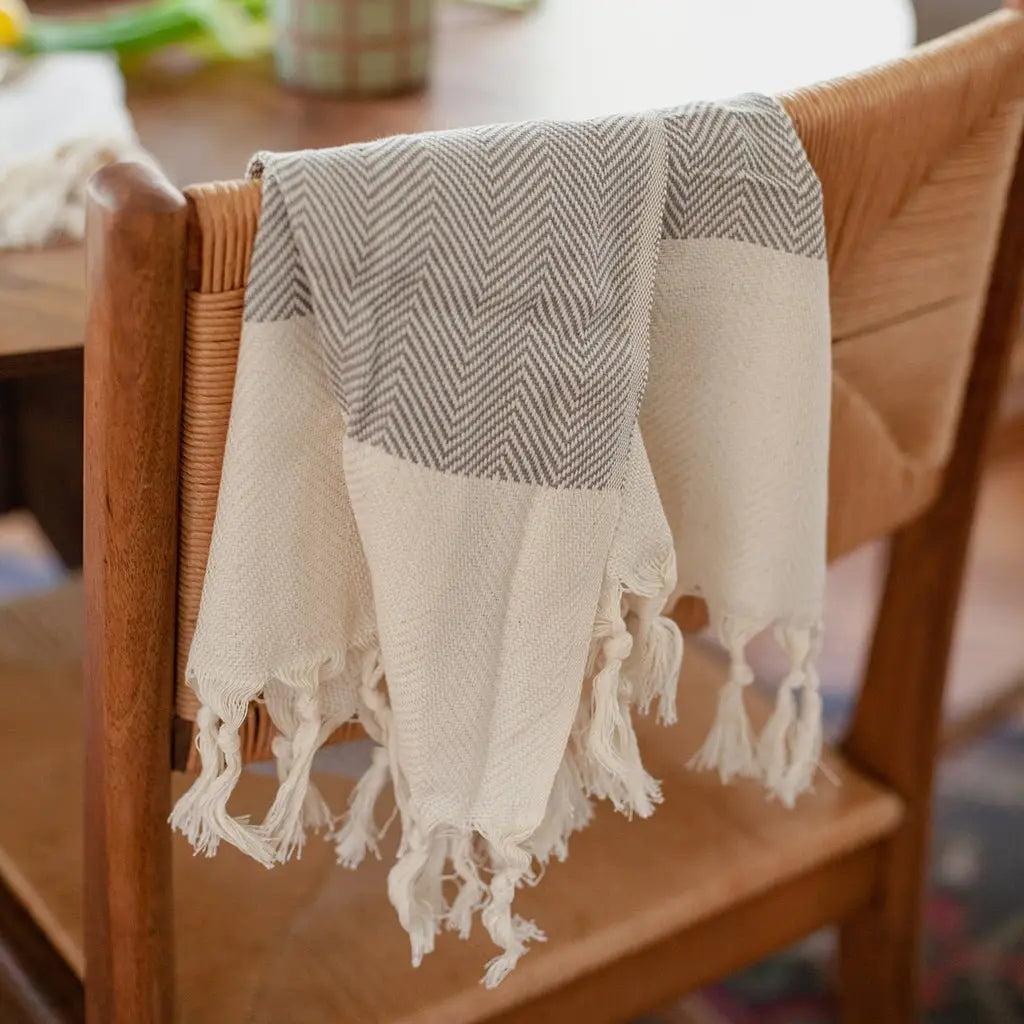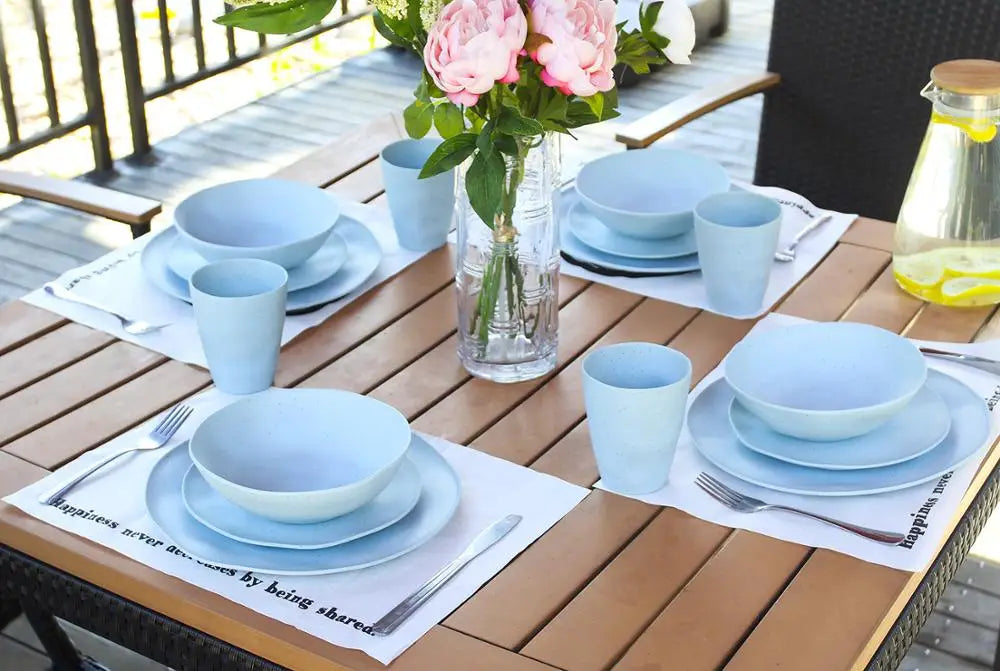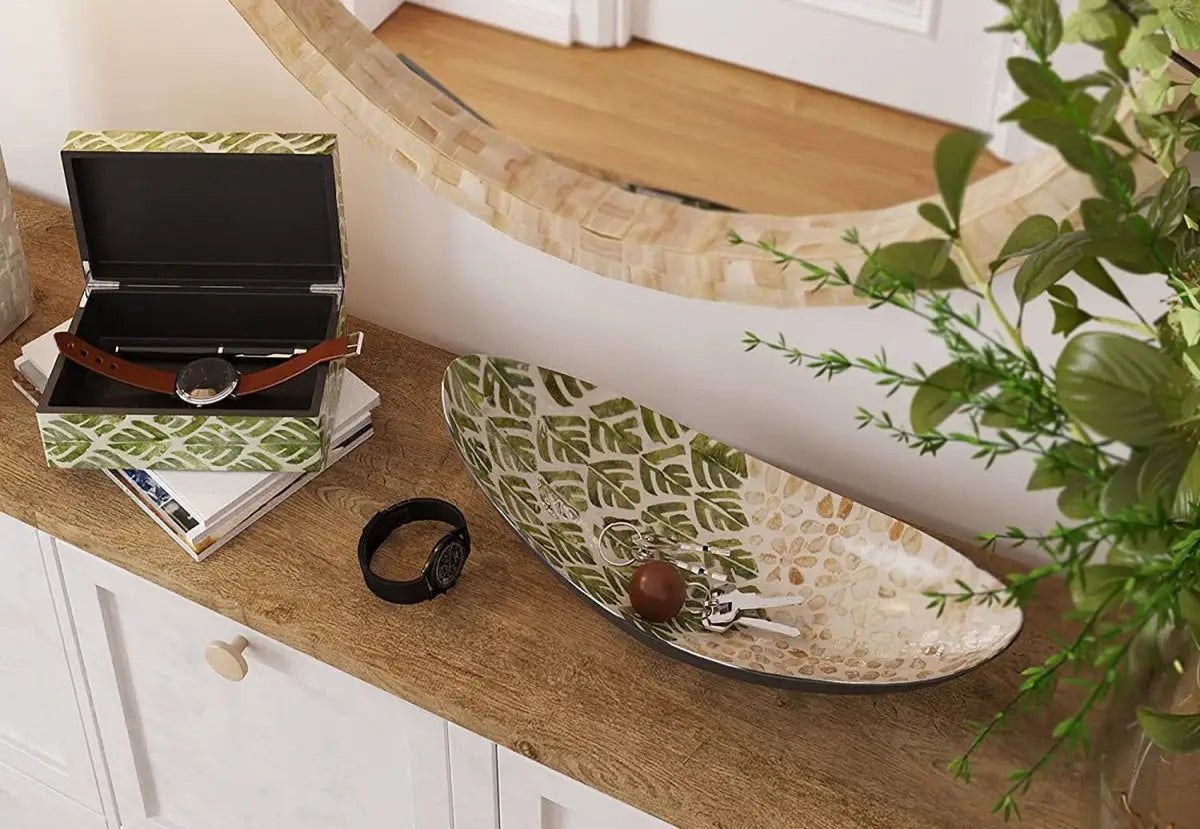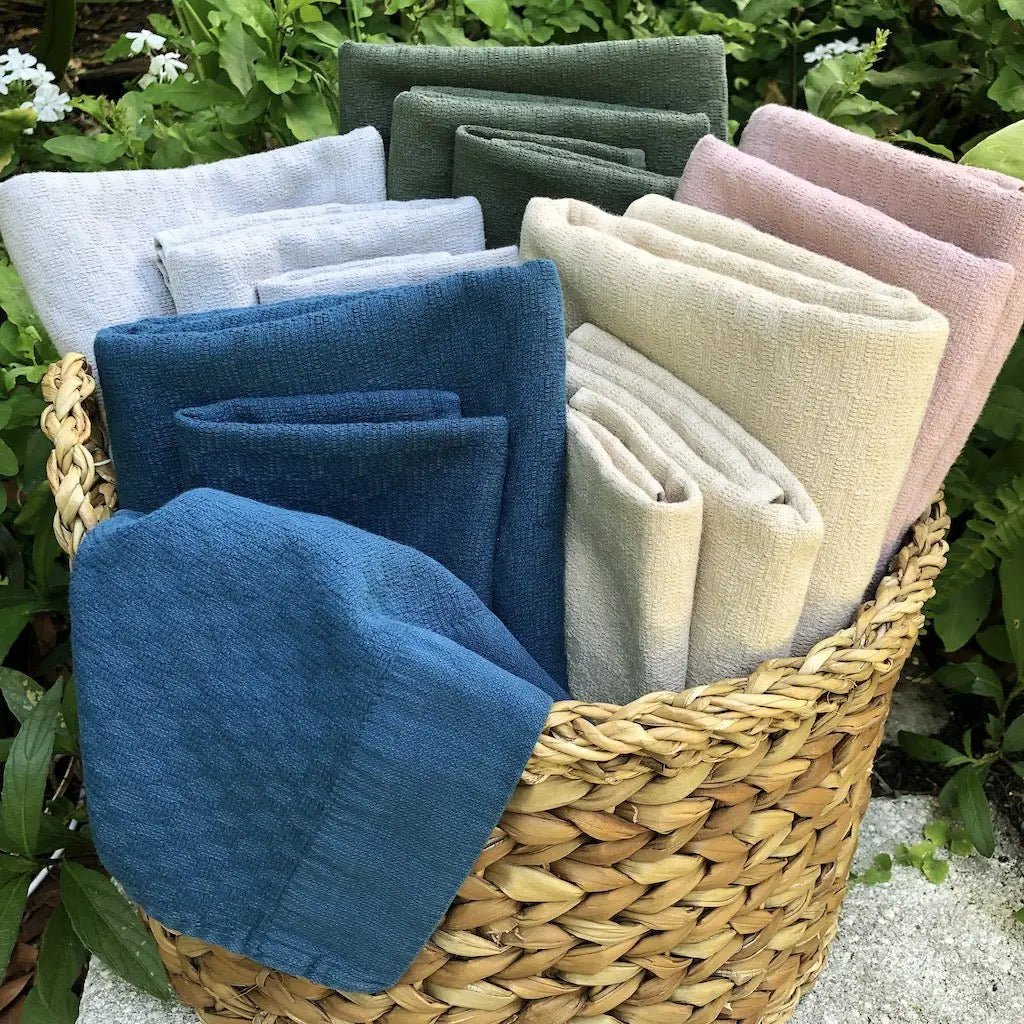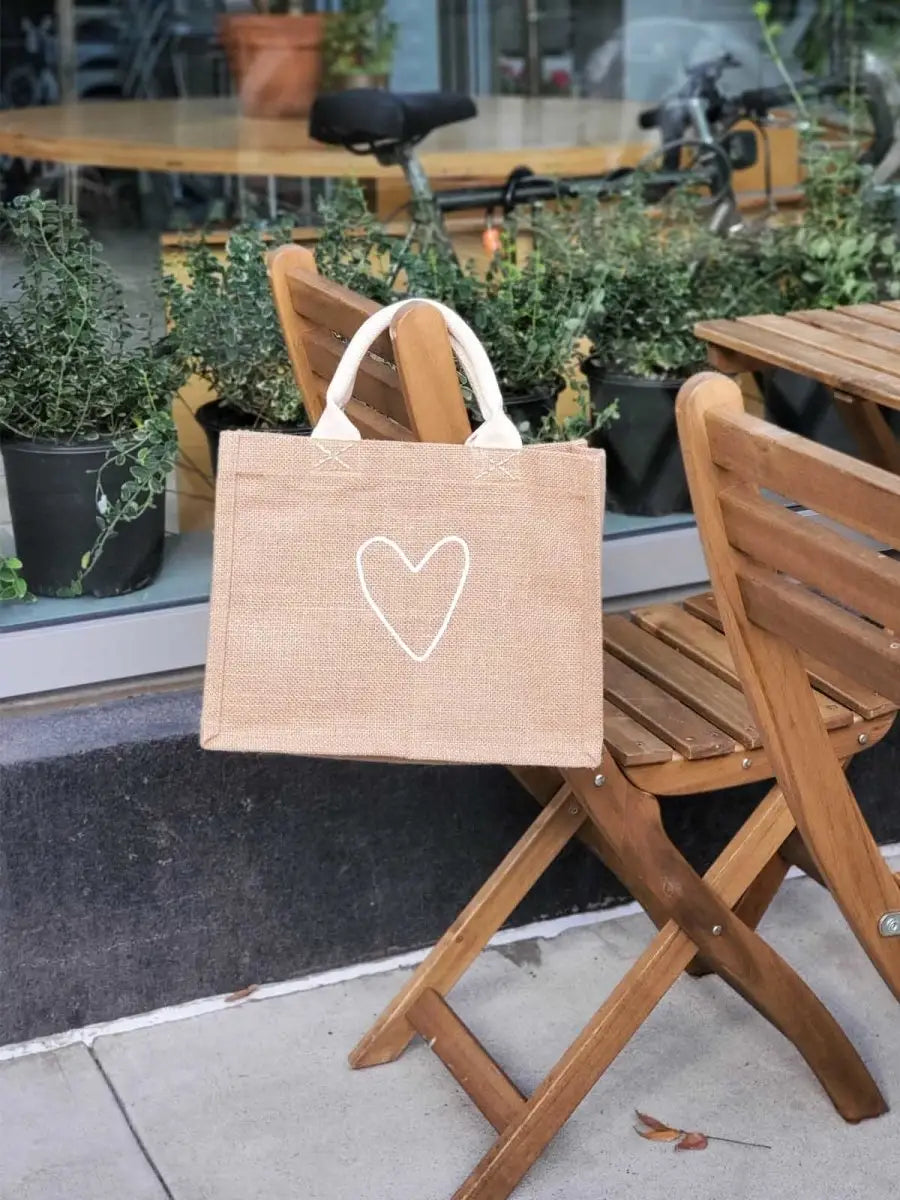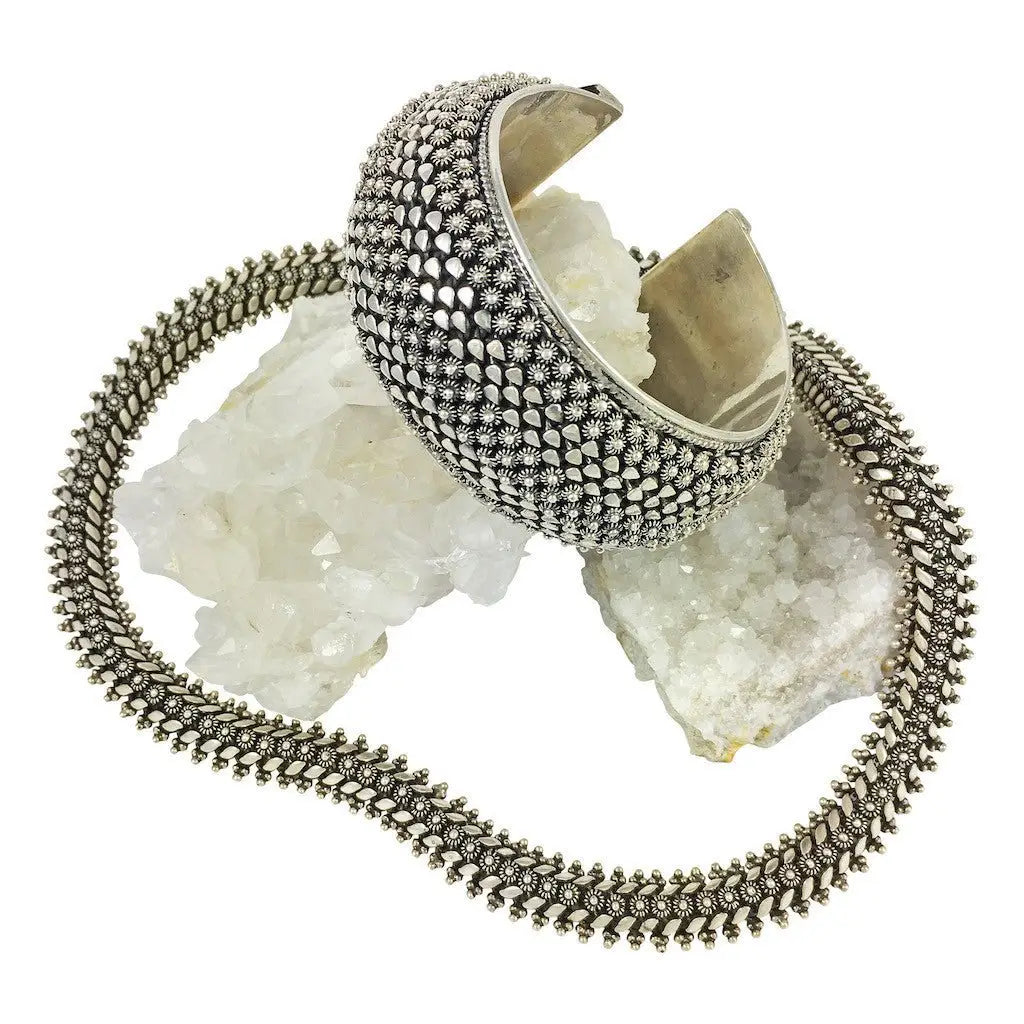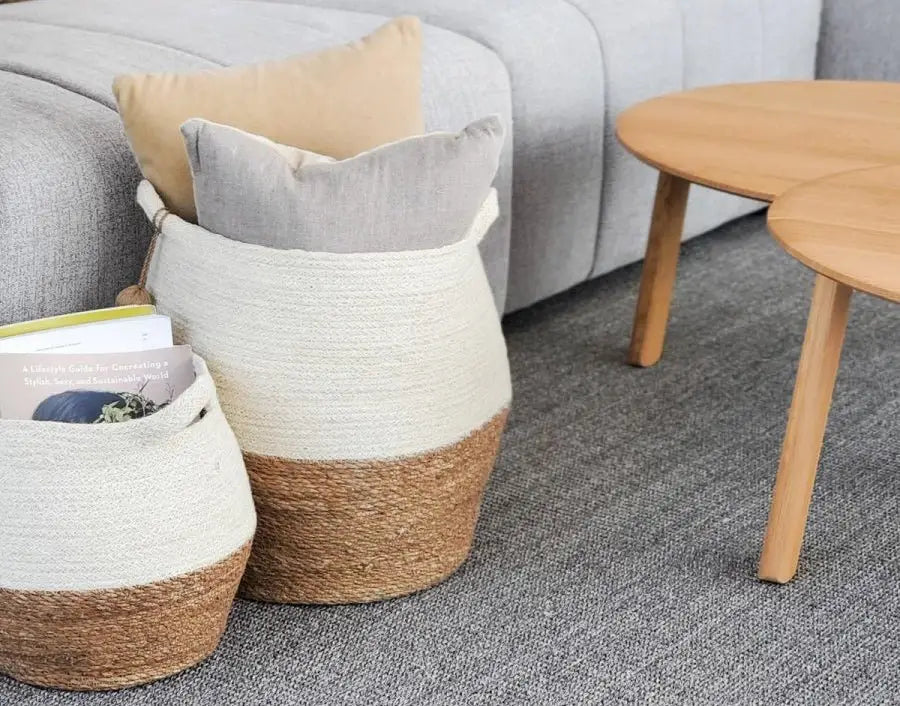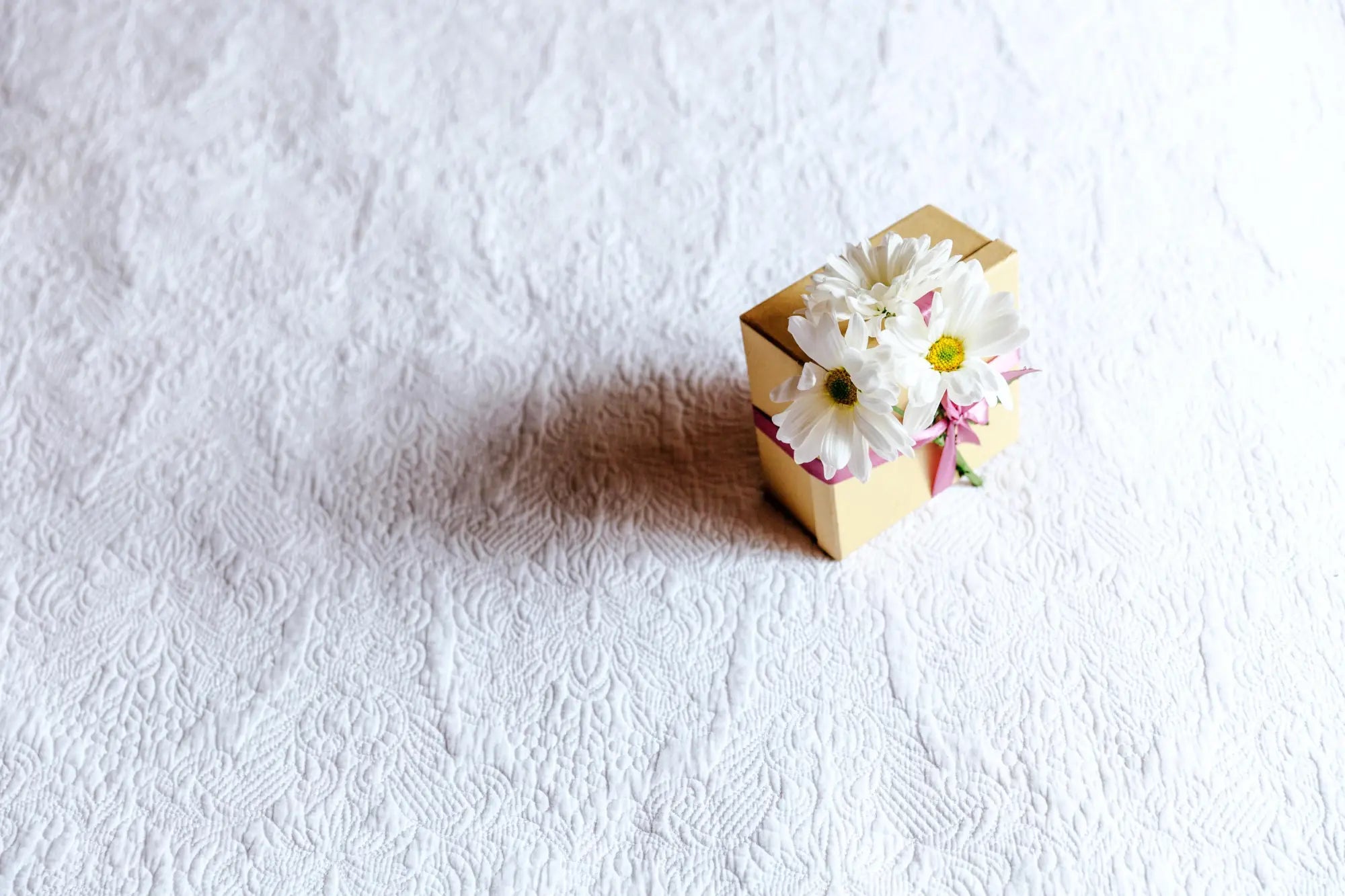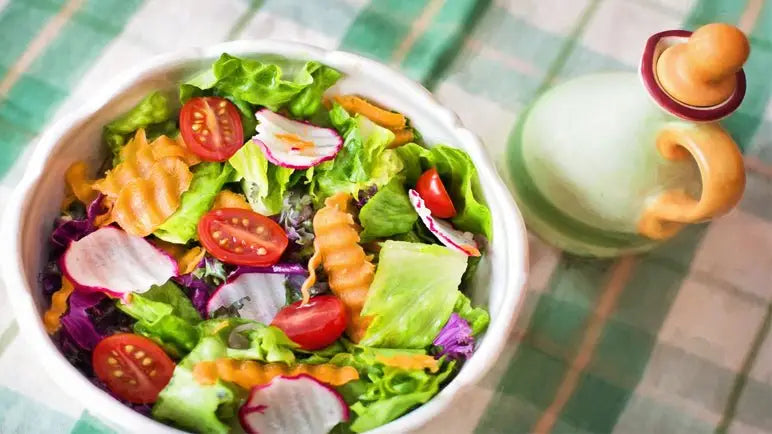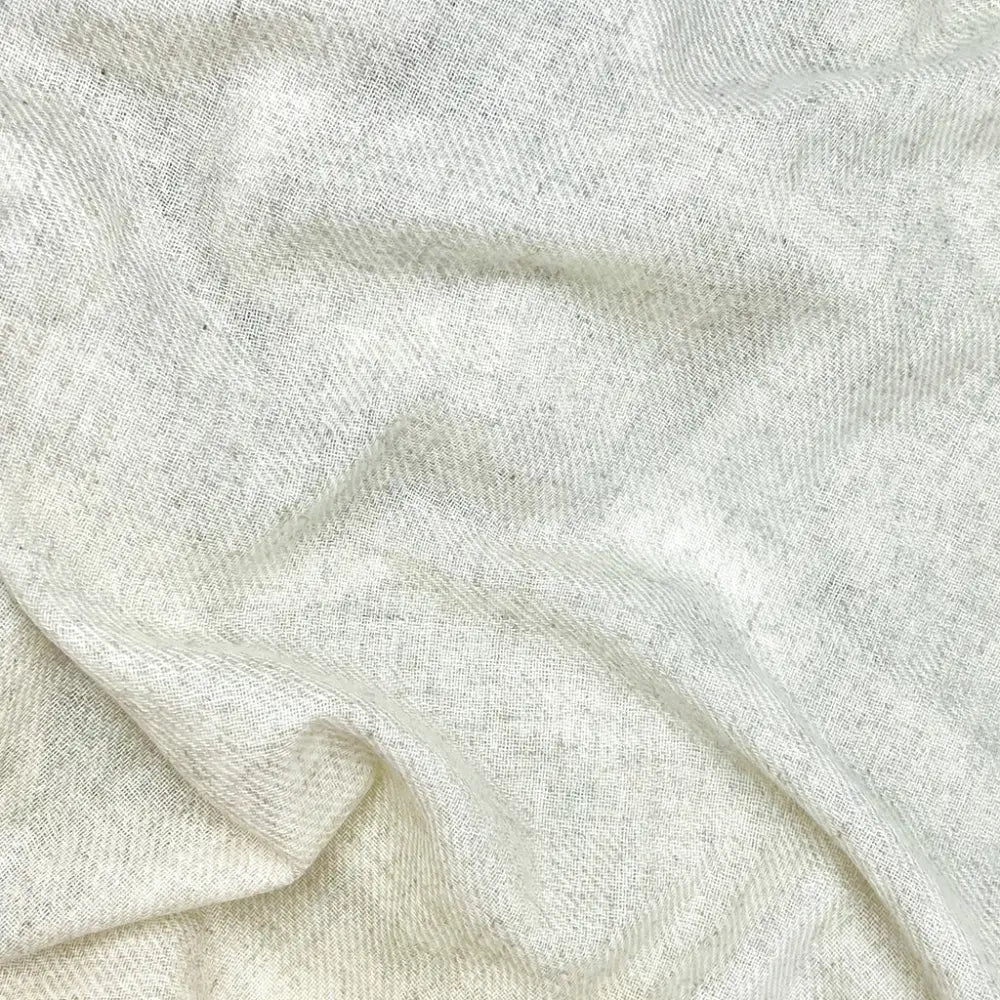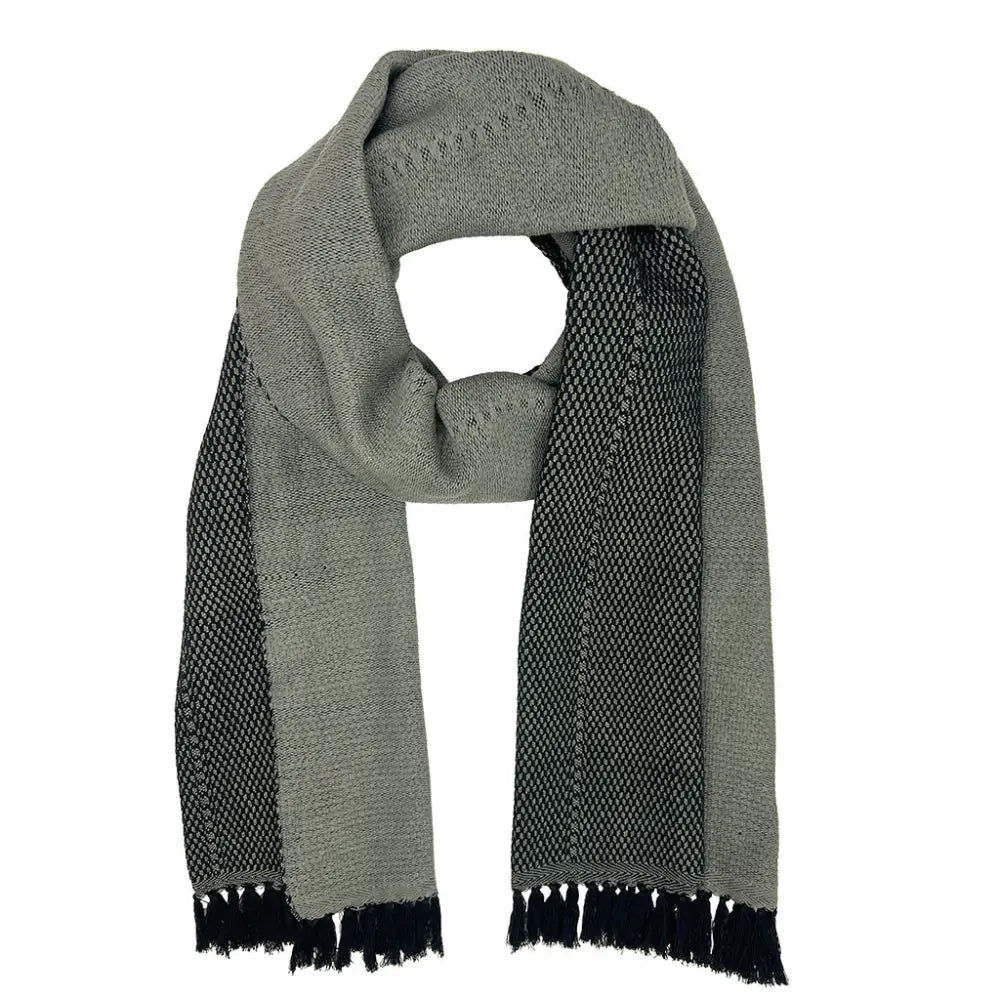- Did you know that you can recycle/regrow some vegetables? If you have a head of lettuce or celery hearts in your refrigerator, don’t throw the main stem out. Either plant it, or even better use some toothpicks. Put them on 3 or 4 sides of the stem and then suspend the lettuce or celery stem over water (don’t completely submerge it). After a few days you will see new growth. You can even add little bit of liquid fertilizer to help them grow. You may not get a full lush plant from it, but enough to snack on it. Plus, it’s a great science experiment for kids. If you have onions or garlic that is past their prime and started to get green shoots, just plant them in a pot or your garden and let them regrow. This works also well with green onions that got limp on you.
- Store your food in the right sized containers to ensure it stays fresh for longer. While we need oxygen to breath, food spoils faster the more contact to oxygen it has. Containers that leave a lot of air around your food, will make it spoil quicker. Plus, they take you more space in your fridge. You can also use silicone bags and beeswax wraps to reduce the amount of oxygen your food comes in contact with. With silicone bags you can easily press out excess air, while beeswax wraps are great to seal cut surfaces. Both are reusable and an ecofriendly alternative to single use plastic bags, food wraps and plastic containers.
- Ripen your fruits by trapping the ethylene gas they need to ripen. You may have heard of ripening tomatoes in paper bags. It works great for avocados, bananas, pears, peaches, and tomatoes. Just put them in a paper bag and close it. You can even speed up the process by adding a banana or apple to the bag with the other fruit you want to ripen, since apples and bananas give off more ethylene than other fruits. This should speed up the ripening process even more. For fruits with harder skins, you can also try submerging them in uncooked rice, since uncooked rice is great at trapping ethylene. All you have to do is submerge your fruit in the rice and make sure it’s fully covered. Rice works well for fruits with a harder skin, rather than softer fruits.
